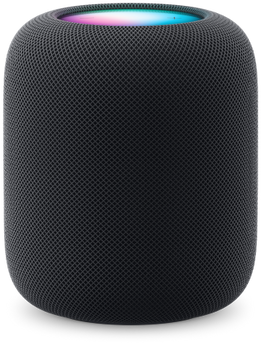Teenagers often face a myriad of challenges during their formative years, from navigating friendships to dealing with emotions like jealousy and heartbreak. The rollercoaster of emotions can be overwhelming, and now experts are warning about a new feature on Snapchat that could potentially add to the stress. The "Solar System" feature on Snapchat has been causing a stir among users, as it ranks their top eight friends based on their level of communication on the app.
Each friend is assigned a planetary symbol, with the closest friend being represented by Mercury (the planet closest to the sun) and the least close friend being associated with Neptune (the farthest planet from the sun). On the surface, this feature may seem harmless and fun, but the implications of ranking friendships in such a public and visible way have raised concerns among mental health professionals. The pressure to constantly maintain a spot in someone's top eight friends list can lead to feelings of inadequacy, jealousy, and exclusion among users, especially teenagers who are already grappling with insecurities and social dynamics. In today's digital age, where social media plays a significant role in shaping social interactions, the need for validation and approval from peers is more pronounced than ever. The "Solar System" feature on Snapchat taps into this desire for social recognition by quantifying the strength of friendships based on virtual interactions. However, this quantification can be misleading and may not accurately reflect the depth and complexity of real-life relationships. Furthermore, the competitive nature of the feature can result in friendship hierarchies and exclusivity, where users may feel pressured to compete for a coveted spot in someone's top eight friends list. This can lead to unhealthy comparisons, self-doubt, and a sense of worthiness tied to virtual metrics, rather than genuine connections and mutual understanding. In a world where popularity and social status are often equated with online metrics such as followers, likes, and now, top friends lists, it is important to remind teenagers that their self-worth is not defined by external validation or virtual rankings. True friendships are built on trust, respect, and genuine camaraderie, not on algorithms or social media algorithms. As parents, educators, and mental health professionals, it is crucial to have open and honest conversations with teenagers about the potential impact of social media on their mental well-being. Encouraging healthy boundaries, self-compassion, and authentic communication can help teenagers navigate the complex social landscape of the digital world with resilience and self-assurance. Ultimately, while features like the "Solar System" on Snapchat may seem like harmless fun, it is essential to consider the psychological implications they may have on impressionable users, particularly teenagers. By fostering a culture of empathy, understanding, and self-love, we can create a digital environment that promotes healthy relationships, positive self-image, and emotional well-being for all.Tech and mental health experts criticize Snapchat's friend-ranking feature
 5 months ago
2552
5 months ago
2552
- Homepage
- Technology
- Tech and mental health experts criticize Snapchat's friend-ranking feature
Related
FlightAware Data Breach Exposes Users' Sensitive Information...
1 month ago
838
Former Google CEO Eric Schmidt's Insights on LLMs, AI Langua...
1 month ago
721
Apple's Innovative Smart Home Hub with Rotating Screen Set f...
1 month ago
789
Trending in United States of America
Popular
Nokia Reaches 5G Patent Agreement with Vivo After Lengthy Le...
7 months ago
26048
Apple's Upcoming Tablet Lineup: iPad Air to Introduce Two Si...
9 months ago
25976
Xiaomi's First Electric Car, the SU7 Sedan, Enters the EV Ma...
8 months ago
25364
The European Parliament's Bold Move to Combat Smartphone Add...
9 months ago
25312
Unveiling ChatGPT's New 'Memory' Feature Revolutionizing Use...
7 months ago
25212
© OriginSources 2024. All rights are reserved








 English (US)
English (US)